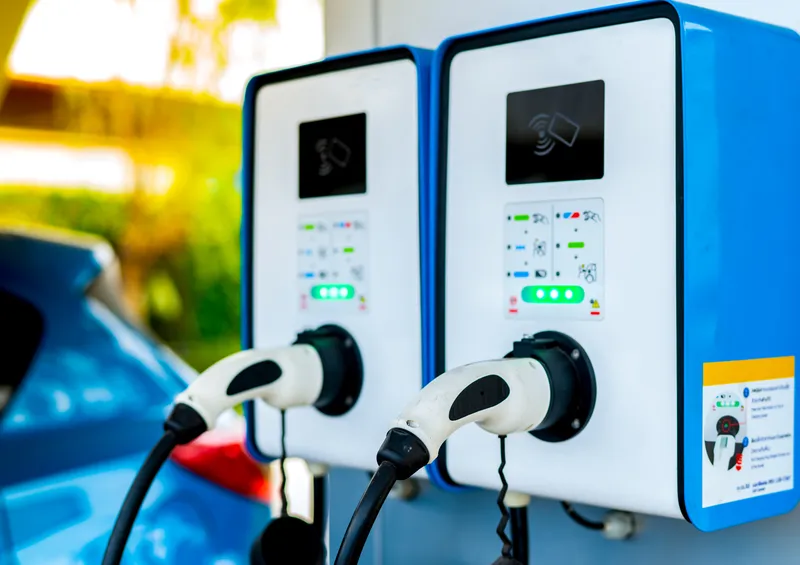Verband kommunaler Unternehmen (VKU), the association of municipal companies in Germany, has announced that from 2012 more than 33 municipalities will set up a dense network of charging stations for electric cars.
January 31, 2012
Read time: 1 min









